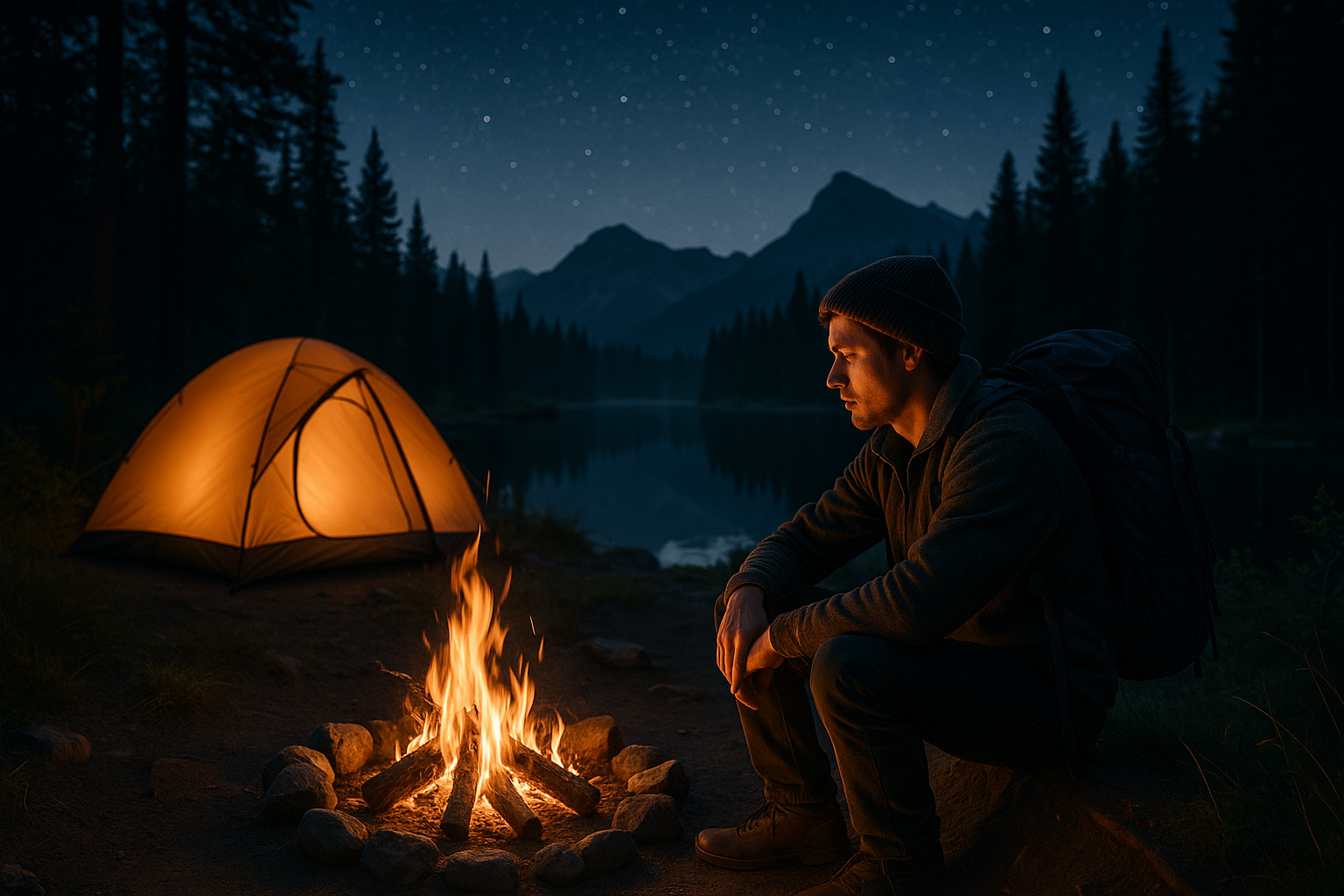Rediscovering Camping – The Transformative Journey of Outdoor Living
In a world where the hustle and bustle of city life has numbed our senses, camping presents a refreshing alternative. It is a return to our roots, an escape into the wilderness, and a chance to reestablish our connection with nature. The transformative journey of outdoor living offers a unique blend of adventure, tranquility, and self-discovery, making camping a trend worth exploring.

The History and Evolution of Camping
Camping, as an organized activity, dates back to the late 19th century when Thomas Hiram Holding, a British traveling tailor, popularized the concept of camping holidays. The activity has since undergone numerous transformations, evolving from a survival necessity to a recreational activity, and now, a transformative journey. Today, camping is more than just setting up a tent in the wilderness—it’s about immersing oneself in nature and experiencing a different way of life.
The Resurgence of Camping in Modern Times
In recent years, camping has seen a resurgence, particularly among millennials and Gen Z. The allure lies in the opportunity to disconnect from digital distractions and reconnect with the natural world. The trend also aligns with the growing awareness about mental health and wellness, with research indicating the positive effects of nature on stress levels, mood, and overall well-being.
Advantages and Challenges of Camping
Camping offers numerous benefits including improved health, enhanced social skills, and a deeper appreciation for nature. It is also cost-effective, making it a viable option for budget-conscious travelers. However, camping comes with its own set of challenges. It requires careful planning and preparation, with campers needing to consider factors like weather conditions, wildlife encounters, and availability of basic amenities. Despite these challenges, the rewards of camping—solitude, serenity, and a sense of accomplishment—make it a worthwhile experience.
The Impact of Camping on Travelers
Camping has a profound impact on travelers. It instills a sense of self-reliance, as campers learn to navigate the wilderness and manage resources effectively. It also fosters mindfulness, as the simplicity of camp life encourages reflection and introspection. Moreover, camping can be a transformative experience, helping individuals develop a deeper understanding of themselves and their place in the world.
Enlightening Insights from the Campground
-
Camping can enhance problem-solving skills, as it often requires innovative solutions to unexpected challenges.
-
Night-time camping can provide a spectacular view of the star-studded sky, a sight rarely visible in urban areas due to light pollution.
-
Camping offers a unique opportunity to observe and learn about wildlife in their natural habitat.
-
The act of setting up a camp and cooking meals outdoors can be deeply satisfying, fostering a sense of achievement.
-
Camping can strengthen relationships, as the shared experiences and challenges encourage bonding and teamwork.
In summary, the trend of camping presents an enriching alternative to conventional travel. It is a journey into the heart of nature, offering opportunities for adventure, introspection, and personal growth. As we navigate the complexities of modern life, camping reminds us of the joy in simplicity and the healing power of nature. It is indeed a transformative journey, promising not just a change of scenery, but also a change of self.




